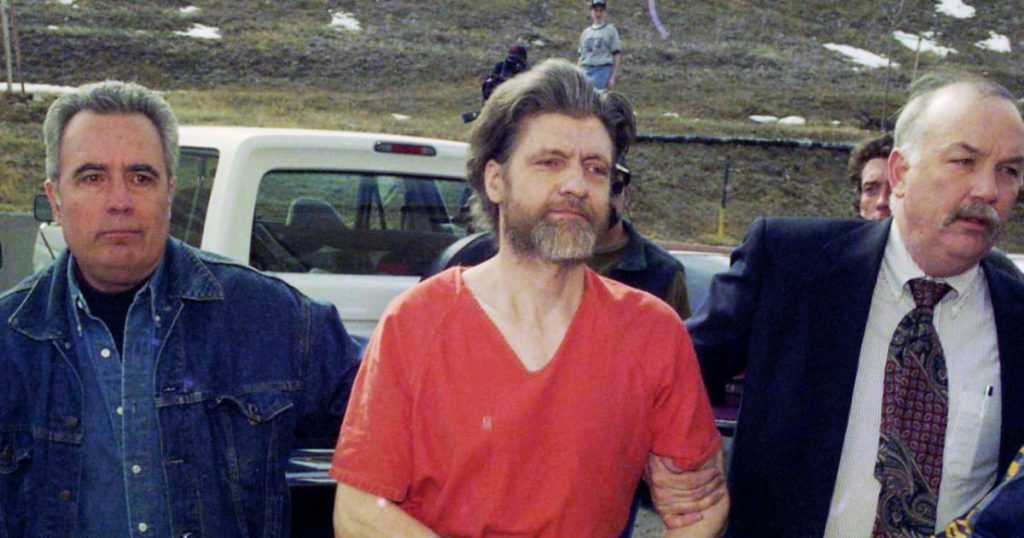Ted Kaczynski, also known as the Unabomber, was diagnosed with rectal cancer in March 2021 and was noted to be depressed in the months leading up to his suicide in June 2023. His autopsy report revealed that he died by hanging using a shoelace in his solitary cell at the Federal Medical Center in Butner, North Carolina. There are questions about the preventability of his suicide and his access to objects that could be used for self-harm, as well as whether he had been monitored for signs of suicidal behavior.
The Federal Bureau of Prisons (BOP) declined to comment specifically on Kaczynski’s case, citing safety and security reasons. The BOP has protocols for preserving evidence in cases of deaths by homicide or suicide, as well as guidelines for suicide prevention and training at each facility. A Justice Department inspector general report found deficiencies in the BOP’s suicide prevention measures, with failures to prevent the deaths of inmates who died by suicide over an eight-year period.
Aside from his rectal cancer diagnosis at stage 4, Kaczynski had a history of mental health disorders and was feeling depressed about a month before his death. He had no prior suicidal ideations or attempts, and law enforcement had no concerns about foul play in his death. The autopsy revealed extensive injuries due to chest compressions from resuscitation efforts and the spread of his cancer to the liver and lungs, leading to massive blood loss.
Kaczynski, a Harvard-educated mathematician, carried out a deadly bombing spree from 1978 to 1995, targeting universities, an American Airlines flight, and others with homemade pipe bombs. His capture in 1996 ended one of the longest FBI manhunts in history, and he pleaded guilty to his crimes to avoid the death penalty. Despite being diagnosed as a paranoid schizophrenic, Kaczynski insisted he was not mentally ill and spent his remaining years in the federal Supermax prison in Florence, Colorado.
In March 2021, Kaczynski began experiencing rectal bleeding and was transferred to the Federal Medical Center in Butner for cancer treatment. He underwent biweekly chemotherapy until March 2023 when he refused further treatment due to negative side effects and poor prognosis. An oncologist noted his depression a month before his suicide. The autopsy report sheds light on the final months and health of a man who wreaked havoc through his bombing campaign for two decades.
Kaczynski’s death raises questions about suicide prevention in prison settings and the adequacy of monitoring high-profile inmates at risk. The details of his suicide and the factors leading up to it highlight the challenges faced by correctional facilities in ensuring the safety and well-being of inmates with complex medical and mental health needs. The legacy of the Unabomber’s crimes and his eventual demise serve as a somber reminder of the impact of domestic terrorism and the complexities of addressing mental health concerns in carceral environments.


